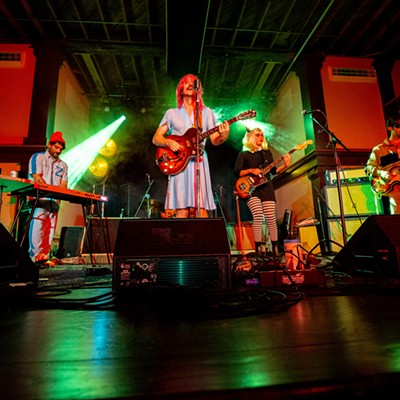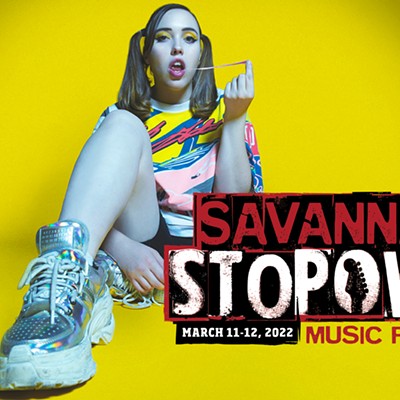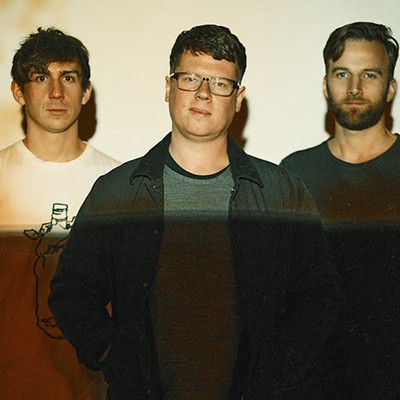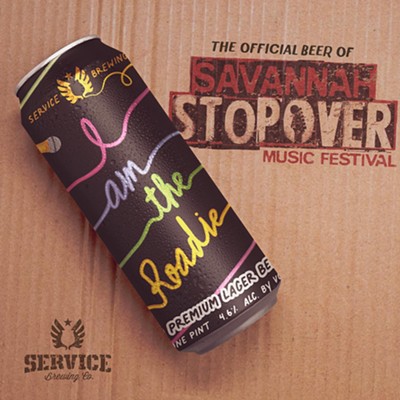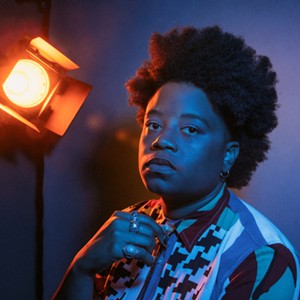Beatles movies come in various shapes and sizes – there’s the fun–loving Fab Four of the fully–scripted A Hard Day’s Night and Help!, the cartoon caricatures of Yellow Submarine, and the sullen millionaire hippies of the documentary Let it Be.
The gaping hole in the middle is Magical Mystery Tour, a 53–minute “home movie” the Beatles made (“wrote” and “directed” might be a stretch) in the waning days of their psychedelic period.
The Magical Mystery Tour album is, of course, well–known to one and all; the 1967 release includes all their great singles from that year (“Strawberry Fields Forever,” “Hello Goodbye” et al) as well as “the show songs” (as it’s printed on the sleeve).
In the U.K., however, the Magical Mystery Tour music was presented on two EPs, without the other singles. America wasn’t doing EPs at the time, so the full album was hastily cobbled together for consumers on this side of the pond, with photos and illustrations from the "story."
We never got a look at the film.
Oh, it’s been around, on VHS and DVD, both struck from grainy prints and poorly marketed through gray areas, but this week Apple has scraped the big Beatles barrel yet again to give us a fully–restored, bloody official, Magical Mystery Tour DVD and Blu–Ray, with 5.1 sound.
Is it a Beatles film? Depends on how you choose to look at it.
There was no script, and there is no plot. In a sense, it’s a trippy, psychedelic film, cribbed from the French Surrealists of the time and the then–emergent schools of experimental filmmaking. In another sense, it’s just a big mess.
It was Paul McCartney’s idea to hire a bunch of actors, put them on a big yellow bus (with the Beatles among), drive through the British countryside and “see what happened.” They had outlines for a couple of scenes they wanted to do — John Lennon wrote one based on a dream he’d recently had — but for the most part they just made it up as they went along.
“It was basically a charabanc trip, which people used to go on from Liverpool to see the Blackpool lights,” George Harrison explained many years later. “They’d get loads of crates of beer and all get pissed (in the English sense). It was very flimsy, and we had no idea what we were doing.”
Lennon said he’d agreed with McCartney’s scheme because, since the Beatles had ceased touring, they felt as if they “owed something to the fans.”
In England, people would book a charabanc to enjoy a leisurely drive through the country. They’d stop for luncheon, see a show, maybe visit the seashore. They’d drink and sing songs and, in the end, new friends were made through the shared experience.
The “stoned film” (McCartney’s words) is actually quite enjoyable, if viewer expectations are kept low. The Scottish actor and poet Ivor Cutler is very funny, as is the British music–hall comedian Nat Jackley (aka “The Rubber Man”).
Unfortunately, they don’t get to do much (although their “cutting room floor” scenes are included as bonus features).
In one of many extremely bizarre scenes, the Bonzo Dog Doo–Dah Band is onstage, singing “Death Cab For Cutie,” as a stripper goes through her act.
The Beatles themselves, apart from Ringo Starr, who was given a “lead role,” don’t have much dialogue. Harrison, in fact, says exactly four words in the whole movie.
The gems are the musical sequences. The Beatles miming to “I Am the Walrus,” wearing furry animal costumes, is worth sitting through the rest; “The Fool on the Hill” has some lovely, picturesque moments, and the climactic song, “Your Mother Should Know,” is a garish, Busby Berkeley–type production number.
The BBC aired Magical Mystery Tour, in black and white, the day after Christmas. It was the first time the Beatles had been savaged by the critics — the Daily Express called it “blatant rubbish” — and a U.S. broadcast deal was quickly canceled.
As for the Beatles, they were soon off to India to sit at the feet of the Maharishi, and the whole thing was forgotten as quickly as it had been dreamed up.



